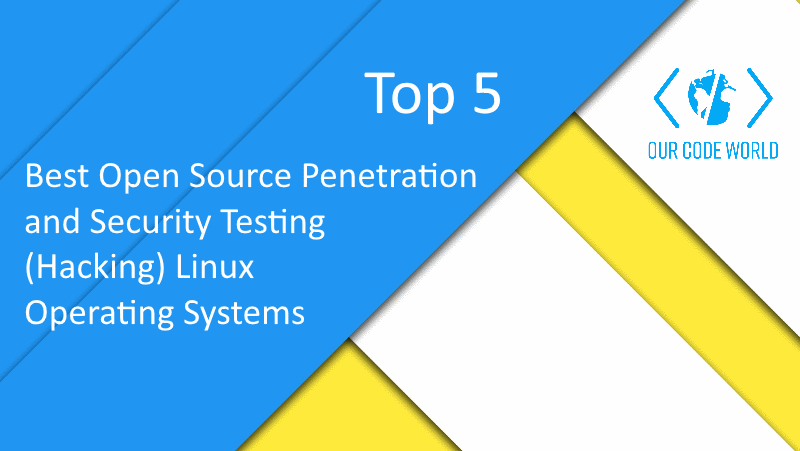Operating systems based on pentesting are without a doubt a must nowadays for every serious or non-professional white/black hat. Whatever your goal is, working as a security professional or you're just getting some curiosity about this theme, you need to know at least a couple of decent Linux distributions that you can easily install on some of your PC's. It's worth to mention that almost every ethical hacking operating systems for security are based on the Linux kernel.
In this top, we'll share with you 5 of the most used and recognized pentesting operative systems.
5. Cyborg Hawk
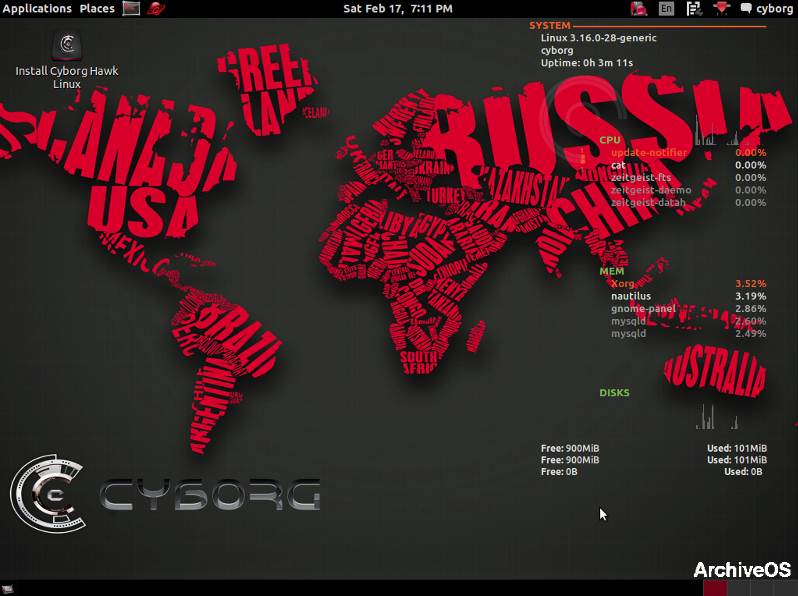
Cyborg Hawk is the latest version of The most advanced, powerful and yet beautiful penetration testing distribution ever created. Lined up with ultimate collection of tools for pro Ethical Hackers and Cyber Security Experts. Simplify security in your IT infrastructure with Cyborg. Its real strength comes from the understanding that a tester requires a strong and efficient system,that benefits from a strong selection of tools, integrated with a stable linux environment. This OS features:
- More than 750+ penetration testing tools included.
- Cyborg Hawk is totally Free and always will be.
- Can be used as live OS with full capability.
- Exploitation Toolkit,Stress Testing,Reverse Engineering,Forensics,Mobile Security,Wireless Security.
- Full virtual machine support. (version v1.1 ).
- Now comes with its own repository.
- Reliable and stable.
- Various Wireless devices support.
- Well sorted menu,everything is in just the right place.
- Patched kernal from injection.
4. Back Box
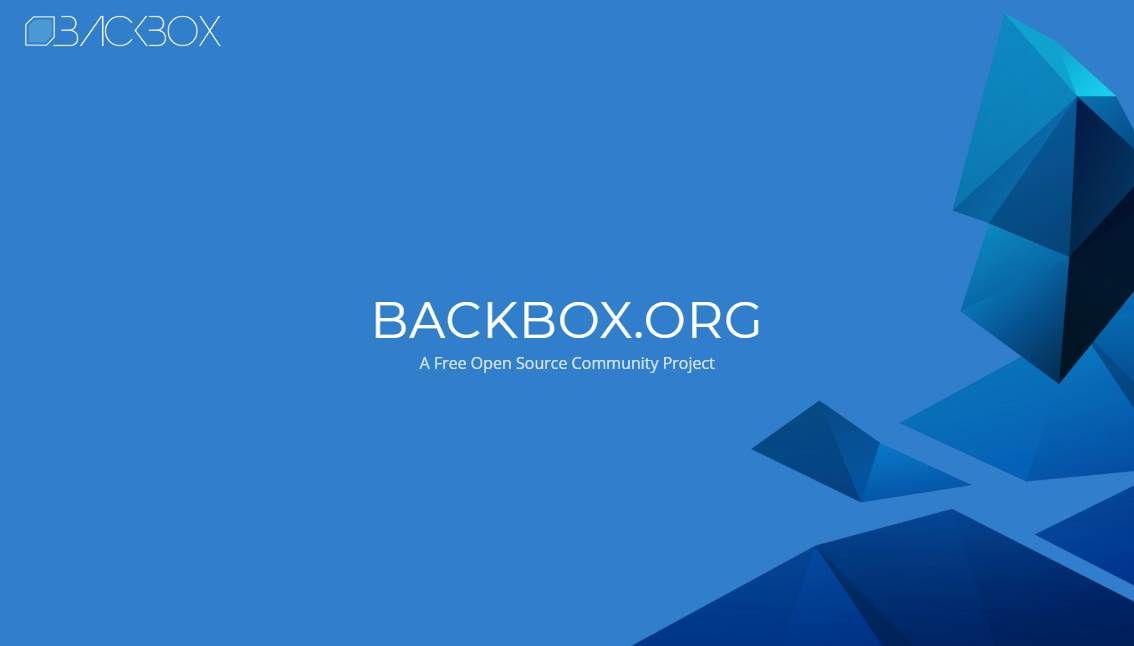
BackBox Linux is a penetration testing and security assessment oriented Linux distribution providing a network and systems analysis toolkit. It includes some of the most commonly known/used security and analysis tools, aiming for a wide spread of goals, ranging from web application analysis to network analysis, stress tests, sniffing, vulnerability assessment, computer forensic analysis, automotive and exploitation. It has been built on Ubuntu core system yet fully customized, designed to be one of the best Penetration testing and security distribution and more.
3. Black Arch
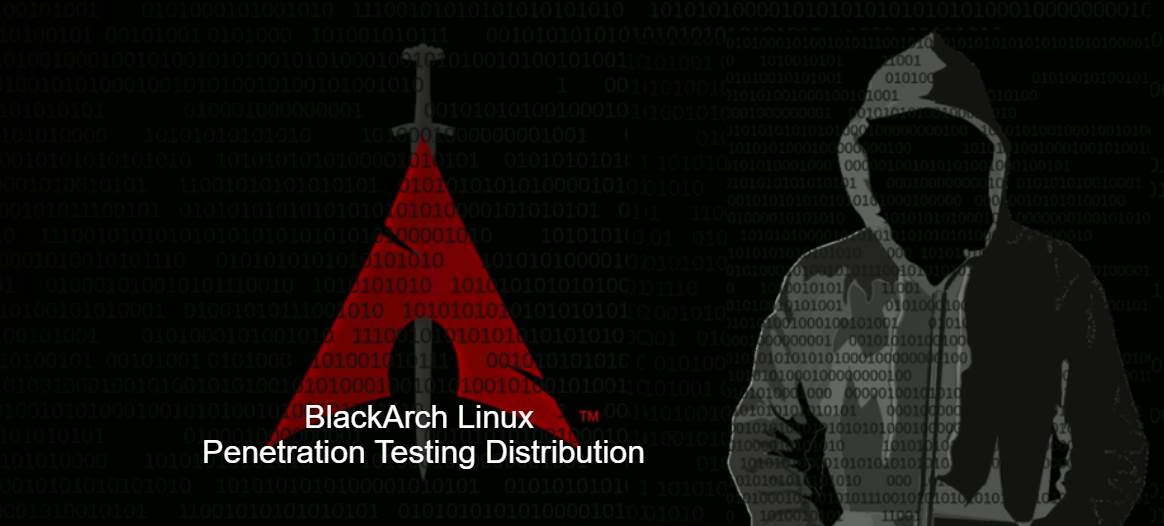
BlackArch Linux is an Arch Linux-based penetration testing distribution for penetration testers and security researchers. The repository contains 2137 tools. You can install tools individually or in groups. BlackArch Linux is compatible with existing Arch installs. For more information, see the installation instructions. Also, news is published on our blog. Please note that BlackArch is a relatively new project. To report bugs and request new tools, please visit the issue tracker on Github, stop by IRC, or email them. The BlackArch Live ISO contains multiple window managers.
You must first get an ISO on the downloads page and install it by following the instructions of the installation script. You can find a tutorial to show the process step by step at this URL Blackarch installation. If you encounter any problems and need help, the best place to ask is in our FREENODE IRC channel (#blackarch). Depending on the problem you're facing, you can visit our Github and submit an issue on our Issue page, such as:
- BlackArch Site repository: related to our website. For example: If a link is broken or an image isn't loading.
- BlackArch repository: related to our packages. For example: a package hasn't been updated for a while or failed to run.
- BlackArch Installer repository: related to our installer. For example: the installation failed or you can not boot after a successful installation.
You can also take some time to browse our other repositories.
If you still cannot find a solution to your problem, visit our IRC channel and ask for help. But please be advised, BlackArch users are in different parts of the globe (different time zones). Therefore, be patient. Ask your question and wait for a reply.
2. Parrot Security
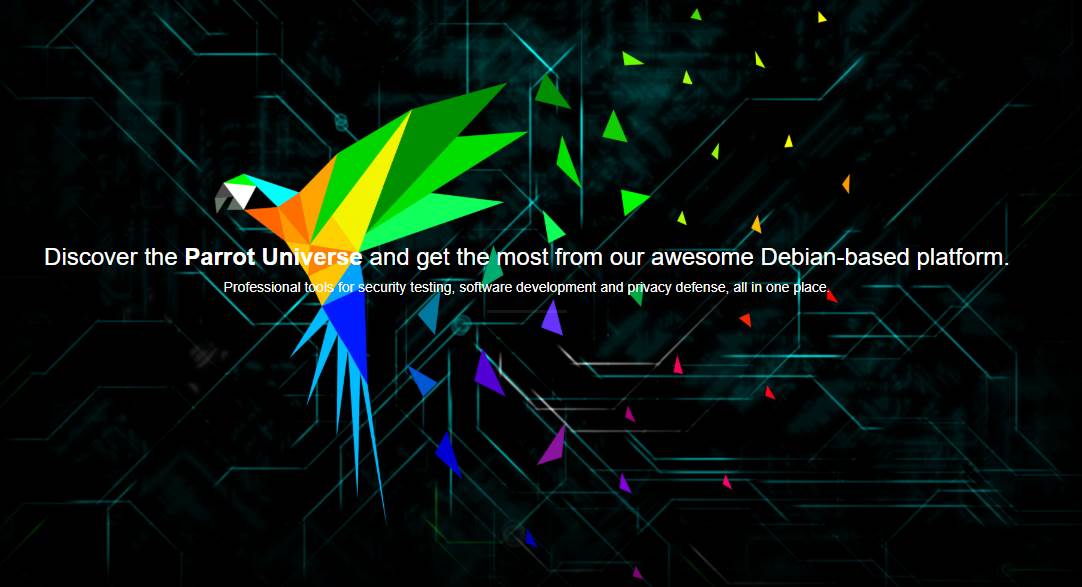
Parrot (Parrot Security, ParrotOS, Parrot GNU/Linux) is a free and open source GNU/Linux distribution based on Debian Testing designed for security experts, developers and privacy aware people. It includes a full portable arsenal for IT security and digital forensics operations, but it also includes everything you need to develop your own programs or protect your privacy while surfing the net. The operating system ships with the MATE desktop environment preinstalled and is available in several flavors to fit your needs. Parrot is designed specially for:
- Security Experts
- Digital forensics experts
- Engineering and IT Students
- Researchers
- Journalists & Hacktivists
- Wannabe Hackers
- Police officers and special security institutions
The system is designed to be familiar for the security expert and easy to use for the new entry student, but it does not try to hide its internals as other general purpose distributions try to do. Parrot can be used as a daily system, and it provides all the programs for the day to day tasks, including dedicated system flavors that don't ship security tools. The system has its own applications repository including all the packages supported by Debian (more than 56,000 packages available over 4 different architectures), plus many other applications and tools Debian can't provide yet, all of them are accessible directly from the APT package manager.
1. Kali Linux
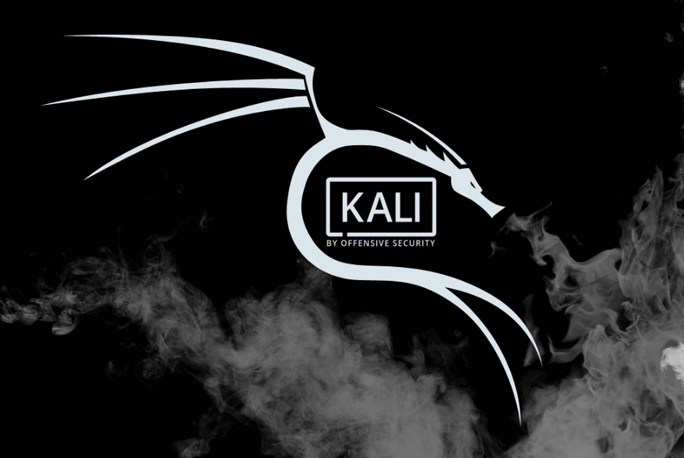
Kali Linux is one of the most advanced penetration testing platform available out there. It's available in 32 bit, 64 bit, and ARM flavors, as well as a number of specialized builds for many popular hardware platforms. Kali can always be updated to the newest version without the need for a new download. Kali Linux, with its BackTrack lineage, has a vibrant and active community. With active Kali forums, IRC Channel, Kali Tools listings, an open bug tracker system and community provided tool suggestions – there are many ways for you to get involved in Kali Linux today.
Kali Linux was released on the 13th March, 2013 as a complete, top-to-bottom rebuild of BackTrack Linux, adhering completely to Debian development standards.
- More than 600 penetration testing tools included: After reviewing every tool that was included in BackTrack, we eliminated a great number of tools that either simply did not work or which duplicated other tools that provided the same or similar functionality. Details on what’s included are on the Kali Tools site.
- Free (as in beer) and always will be: Kali Linux, like BackTrack, is completely free of charge and always will be. You will never, ever have to pay for Kali Linux.
- Open source Git tree: The team is committed to the open source development model and our development tree is available for all to see. All of the source code which goes into Kali Linux is available for anyone who wants to tweak or rebuild packages to suit their specific needs.
- FHS compliant: Kali adheres to the Filesystem Hierarchy Standard, allowing Linux users to easily locate binaries, support files, libraries, etc.
- Wide-ranging wireless device support: A regular sticking point with Linux distributions has been supported for wireless interfaces. We have built Kali Linux to support as many wireless devices as we possibly can, allowing it to run properly on a wide variety of hardware and making it compatible with numerous USB and other wireless devices.
- Custom kernel, patched for injection: As penetration testers, the development team often needs to do wireless assessments, so our kernel has the latest injection patches included.
- Developed in a secure environment: The Kali Linux team is made up of a small group of individuals who are the only ones trusted to commit packages and interact with the repositories, all of which is done using multiple secure protocols.
- GPG signed packages and repositories: Every package in Kali Linux is signed by each individual developer who built and committed it, and the repositories subsequently sign the packages as well.
- Multi-language support: Although penetration tools tend to be written in English, the developers have ensured that Kali includes true multilingual support, allowing more users to operate in their native language and locate the tools they need for the job.
- Completely customizable: We thoroughly understand that not everyone will agree with our design decisions, so we have made it as easy as possible for our more adventurous users to customize Kali Linux to their liking, all the way down to the kernel.
- ARMEL and ARMHF support: Since ARM-based single-board systems like the Raspberry Pi and BeagleBone Black, among others, are becoming more and more prevalent and inexpensive, we knew that Kali’s ARM support would need to be as robust as we could manage, with fully working installations for both ARMEL and ARMHFsystems. Kali Linux is available on a wide range of ARM devices and has ARM repositories integrated with the mainline distribution so tools for ARM are updated in conjunction with the rest of the distribution.
Kali Linux is specifically tailored to the needs of penetration testing professionals, and therefore all documentation on this site assumes prior knowledge of, and familiarity with, the Linux operating system in general. Please see Should I Use Kali Linux? for more details on what makes Kali unique.
If you know another awesome open source linux distro that aims for pentesting, please share it with the community in the comment box.

